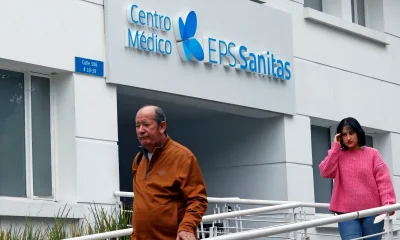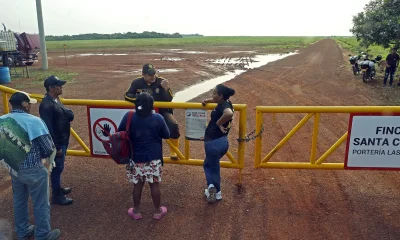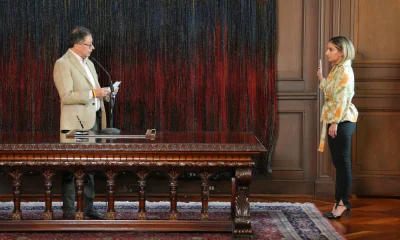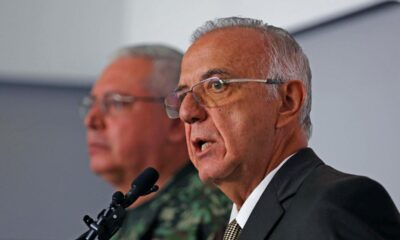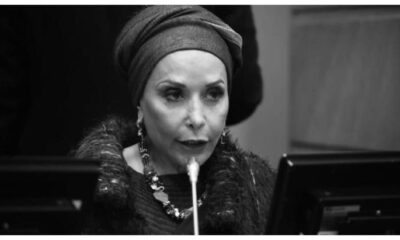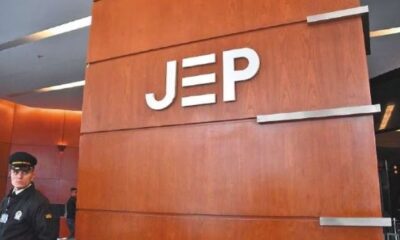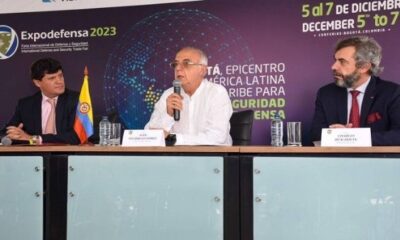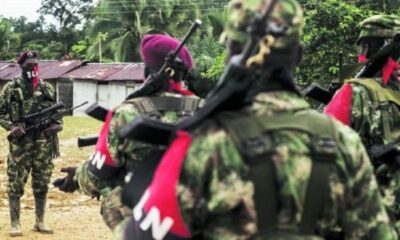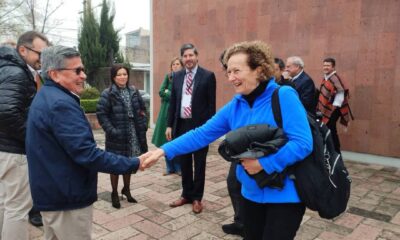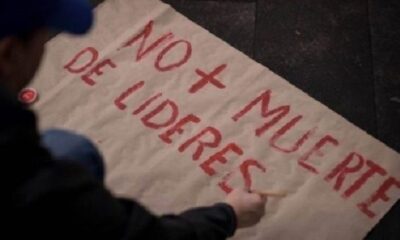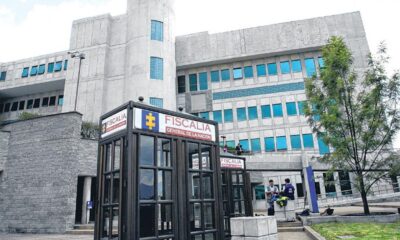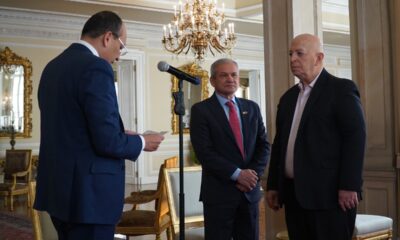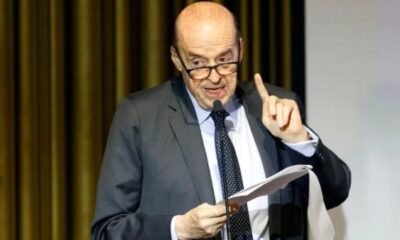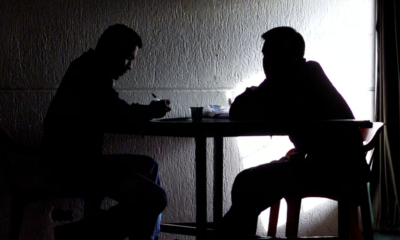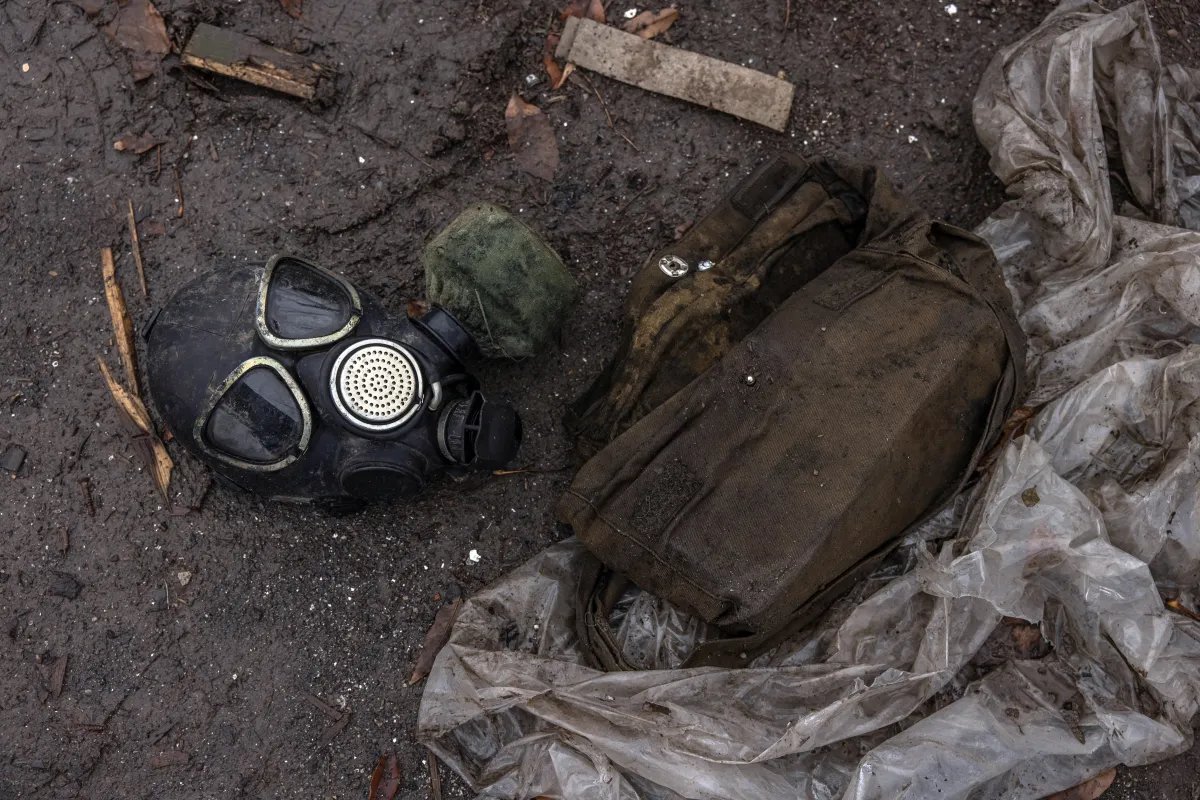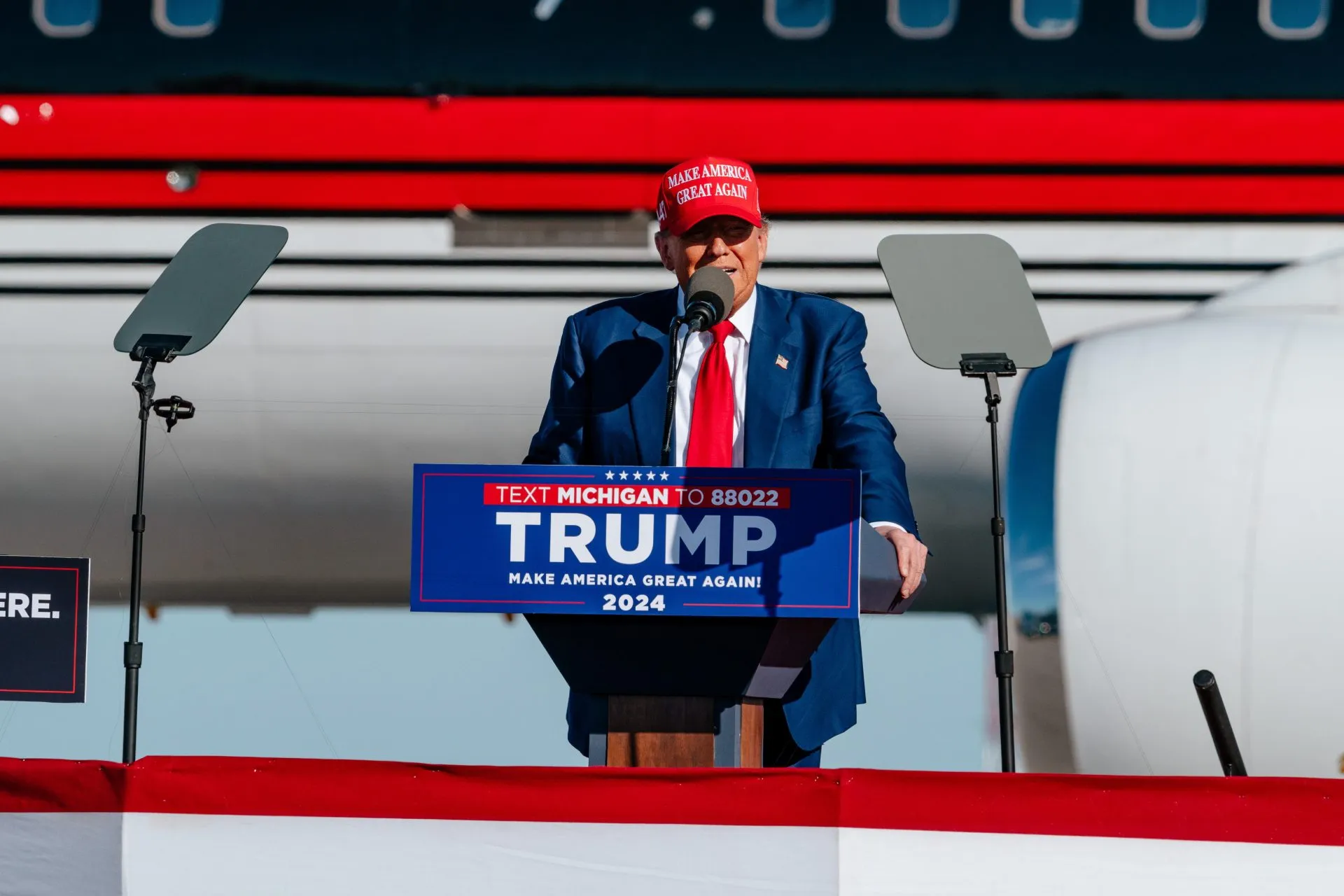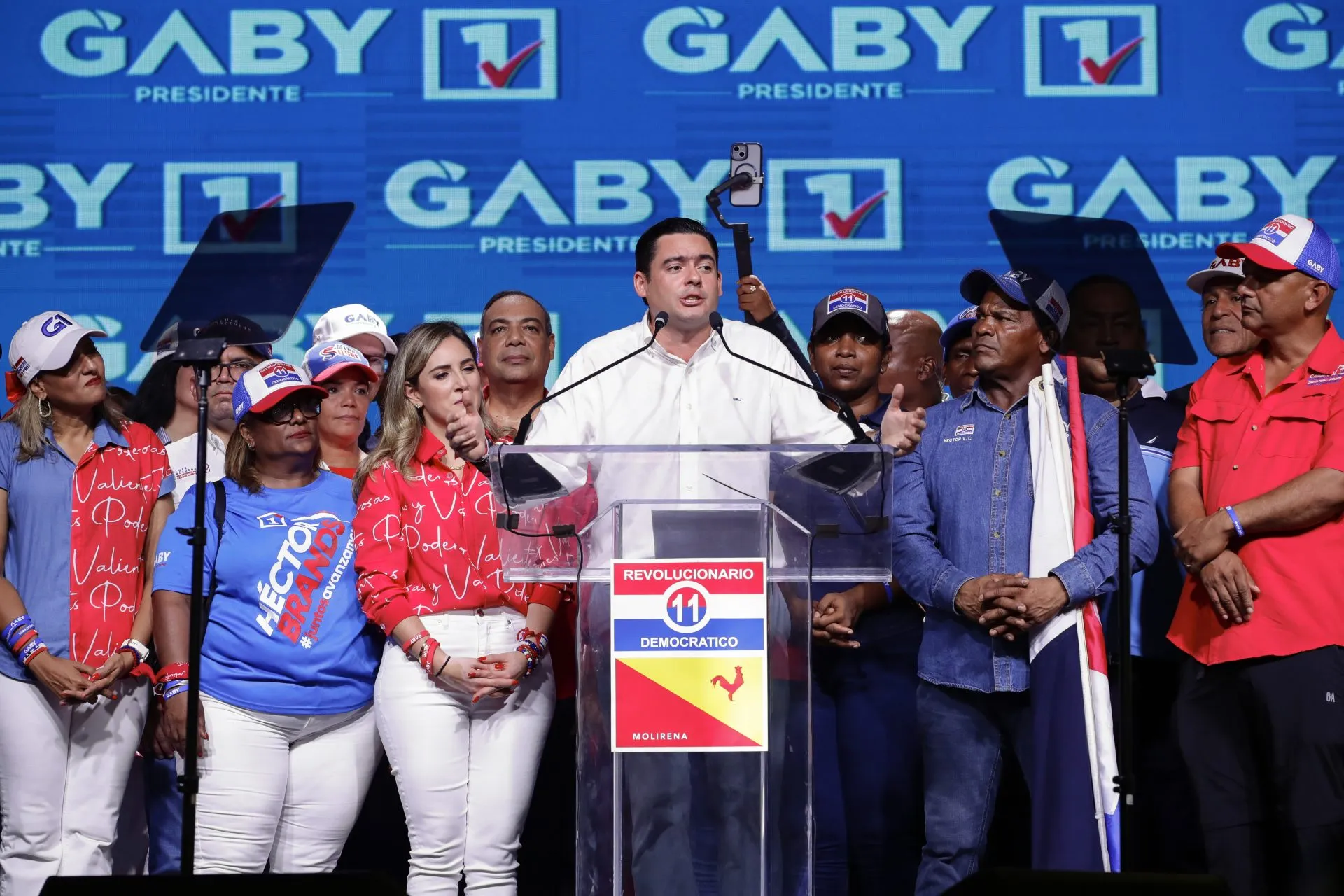International
Colombia and FARC dissidents agree on ceasefire protocol
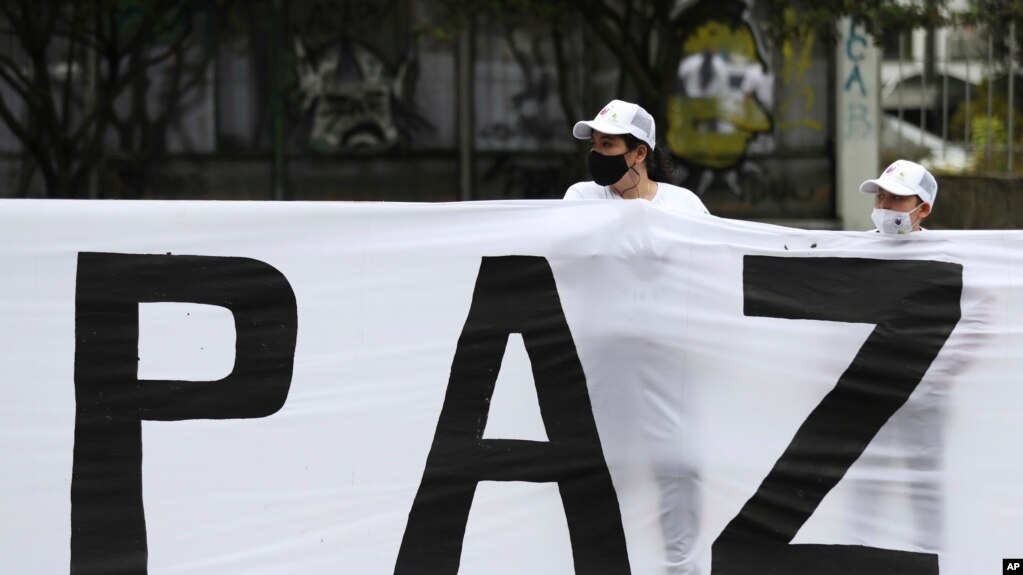
International
The United States accuses Russia of using chemical weapons against Ukraine
International
Trump promises the largest deportation of migrants in history, “they are going to destroy the country”
International
‘Gaby’ Carrizo, the unpopular ruling presidential candidate for the Presidency of Panama
-
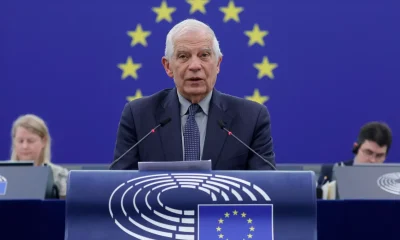
 International5 days ago
International5 days agoBorrell: the EU will support Ukraine until Putin decides to stop the war
-
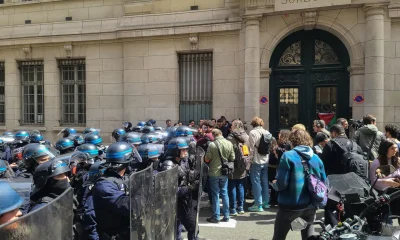
 International3 days ago
International3 days agoPolice enter La Sorbonne to expel dozens of pro-Palestinian students
-
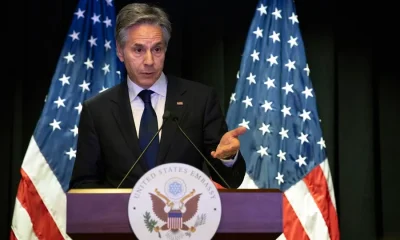
 International3 days ago
International3 days agoThe US warns that it cannot support the Rafah invasion without seeing Israel’s plan to protect civilians
-
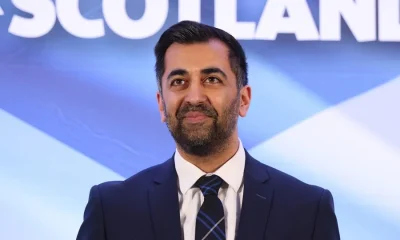
 International3 days ago
International3 days agoPro-independence Humza Yousaf resigns as chief minister of Scotland
-
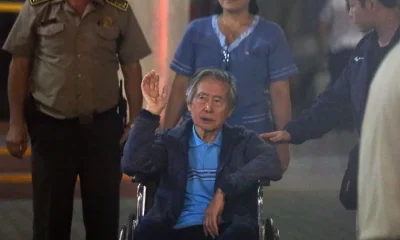
 International3 days ago
International3 days agoFormer President Alberto Fujimori, admitted to a hospital for probable tumor in the tongue
-
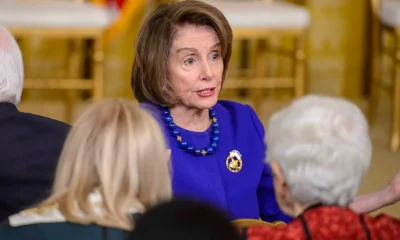
 International5 days ago
International5 days agoNancy Pelosi says that Netanyahu “could not have made things worse” in Gaza
-
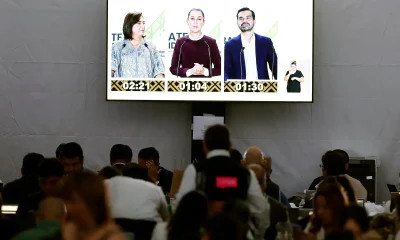
 International4 days ago
International4 days agoThe economic data that defined Mexico’s second presidential debate
-
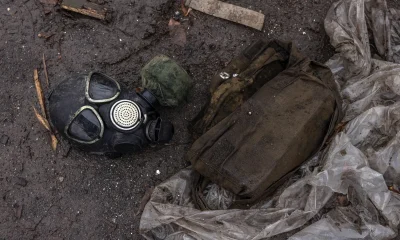
 International9 hours ago
International9 hours agoThe United States accuses Russia of using chemical weapons against Ukraine
-
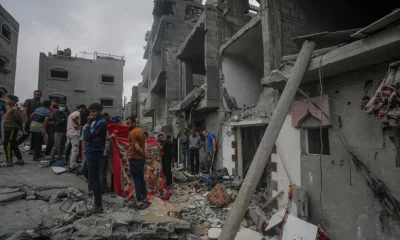
 International5 days ago
International5 days agoHamas warns the United Kingdom that if it sends soldiers to Gaza they will be a “legitimate” military target
-
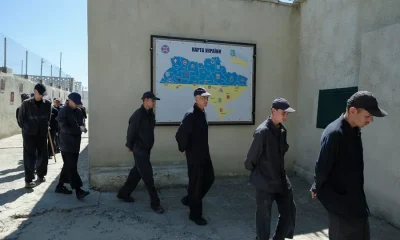
 International3 days ago
International3 days agoDesertions in the Russian Army in Ukraine are growing, according to Kiev’s military intelligence
-
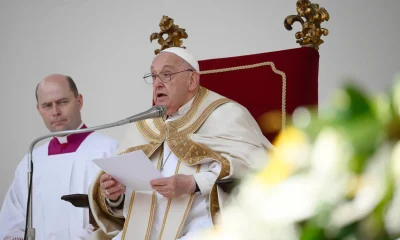
 International5 days ago
International5 days agoThe pope encourages the Presidential Council of Haiti to work for peace and stabilit
-
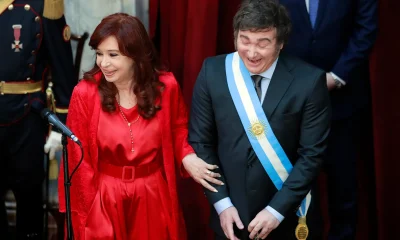
 Internacionales5 days ago
Internacionales5 days agoMilei says it would be “wonderful” to confront Cristina Fernández electorally
-
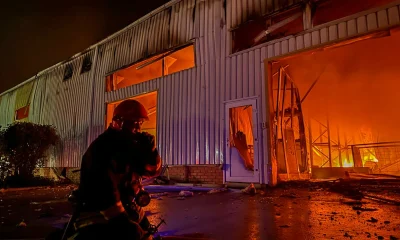
 International9 hours ago
International9 hours agoRussia destroys postal infrastructure in Odessa in another ballistic missile attack
-
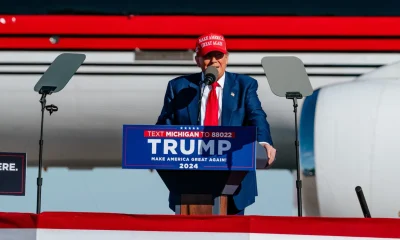
 International9 hours ago
International9 hours agoTrump promises the largest deportation of migrants in history, “they are going to destroy the country”
-
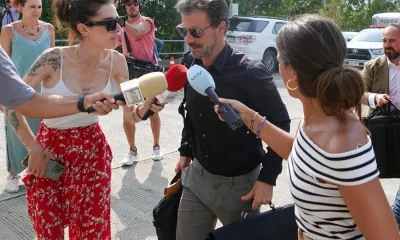
 International9 hours ago
International9 hours agoThe trial against Daniel Sancho in Thailand concludes and the reading of the sentence is set for August 29
-
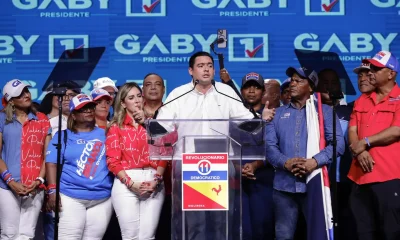
 International9 hours ago
International9 hours ago‘Gaby’ Carrizo, the unpopular ruling presidential candidate for the Presidency of Panama
-
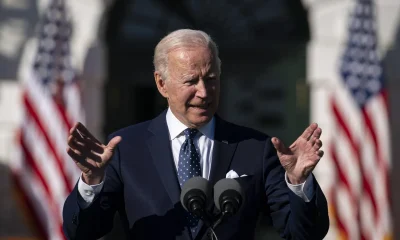
 International1 day ago
International1 day agoThe Biden administration will forgive $6.1 billion in debt of art students
-
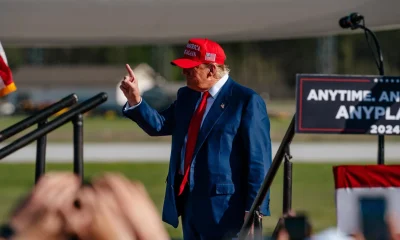
 International9 hours ago
International9 hours agoTrump defends that each state can legislate on abortion after the restriction in Florida
-
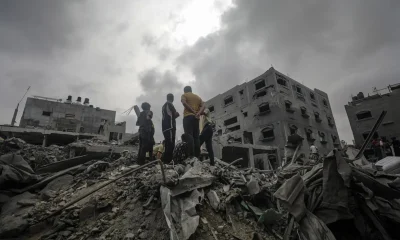
 International5 days ago
International5 days agoThe new truce plan in Gaza includes “many demands” from Hamas, according to an Egyptian source
-
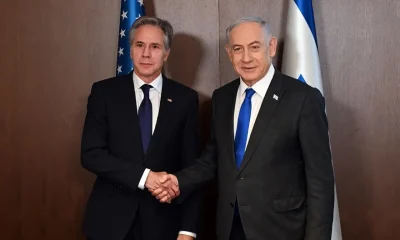
 International1 day ago
International1 day agoBlinken praises a truce proposal and Netanyahu gets stuck in his rejection at the end of the war
-
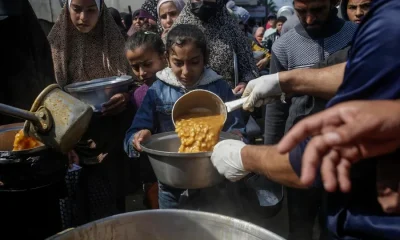
 International3 days ago
International3 days agoPeople are already dying from diseases in Gaza and not only from the bombings, denounces MSF
-
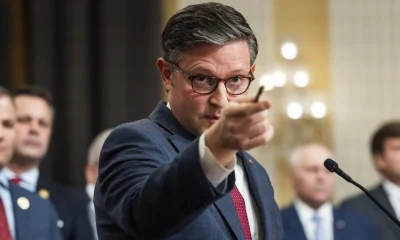
 International1 day ago
International1 day agoUS lawmakers threaten reprisals to the ICC if it issues orders against Israel
-
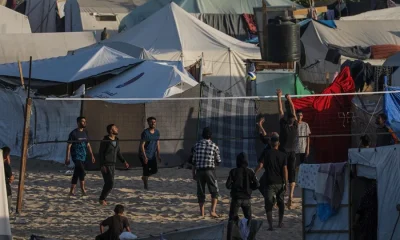
 International3 days ago
International3 days agoThe United States says that Israel has made an “extraordinarily generous” proposal for a truce to Hamas
-
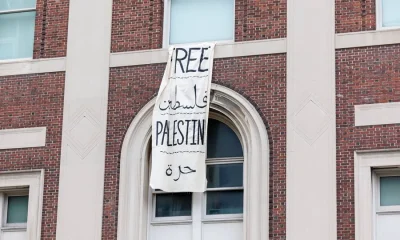
 International1 day ago
International1 day agoNew York Police surround the protest of the Columbia University campus
-
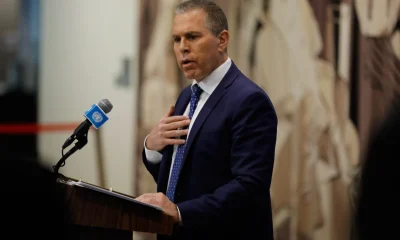
 International1 day ago
International1 day agoIsrael compares the protests in Columbia at the UN with a passage from Nazi Germany
-
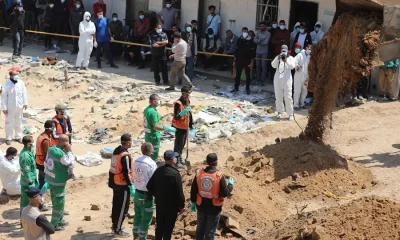
 International9 hours ago
International9 hours agoA reputed surgeon from Gaza’s Al Shifa hospital dies in an Israeli prison
-

 International1 day ago
International1 day agoThe United States will take a historic step by classifying marijuana as a low-risk drug
-
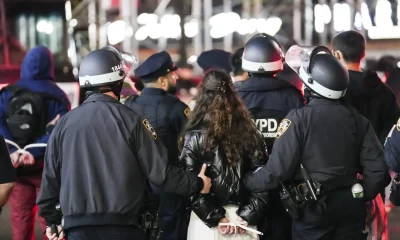
 International1 day ago
International1 day agoNew York puts 282 detainees in pro-Palestinian university protests with “external agitators”
-
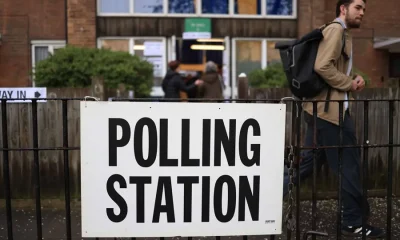
 International9 hours ago
International9 hours agoThe polling stations open in the municipal by-elections in England
-
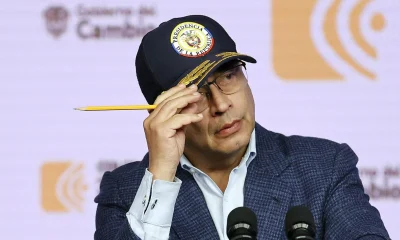
 Internacionales1 day ago
Internacionales1 day agoPetro denounces missing more than one million projectiles and ammunition from military bases
-
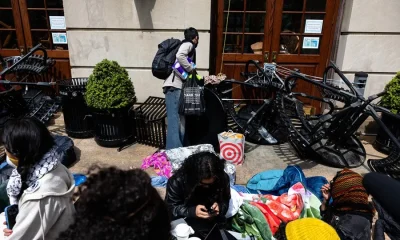
 International1 day ago
International1 day agoThe debate is growing about whether student protests in the US are anti-Semitic or anti-war






















